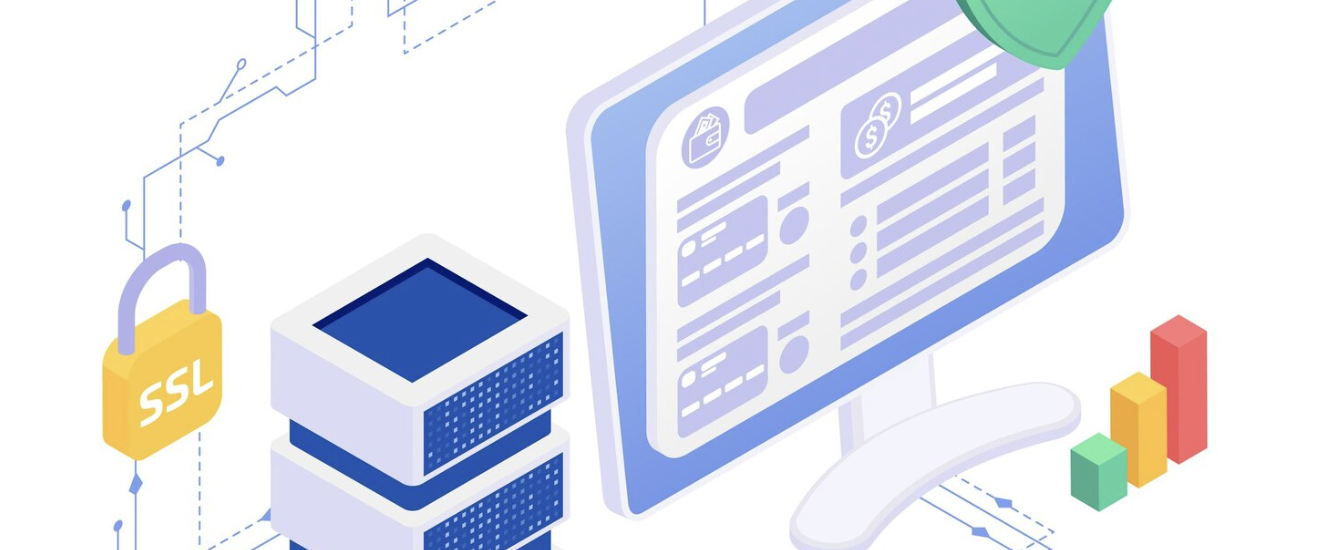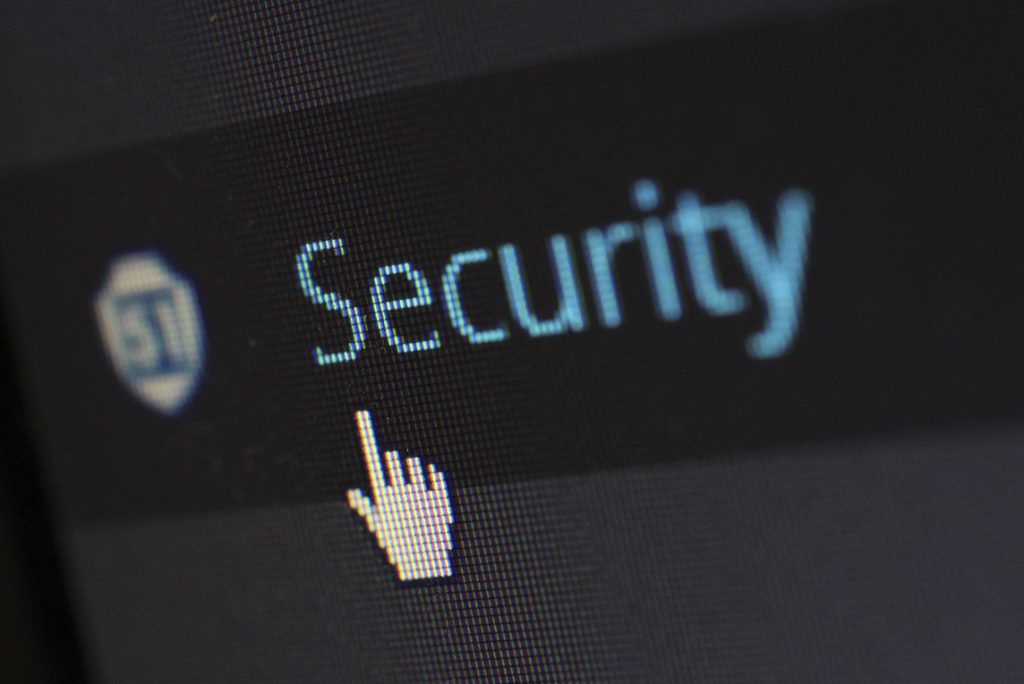Investing in virtual servers is essential for accommodating your growing digital storage and communications needs. However, choosing the right hosting server is crucial for ensuring data security.
Statistics reveal that global data creation will grow by more than 180 zettabytes by 2025. Therefore, it is of utmost importance to invest in comprehensive and robust security practices. A VPS security solution can prove to be a reliable measure for protecting all your sensitive data.
If you want to know more about VPS and how to secure your server and data, you are in the right place. This carefully curated article helps you understand all security practices to protect your VPS and data.
What Is VPS?
Research shows that the virtual private server (VPS) market was valued at $2.6 billion in 2018 and is projected to grow at a compound annual growth rate (CAGR) of 16.2% from 2019 to 2026, reaching $8.3 billion. This underscores the increasing demand among businesses and individuals for scalable and cost-effective hosting solutions.
A Virtual Private Server (VPS) is a hybrid of shared and dedicated hosting services. It can be understood as a virtual environment on a computing machine hosted and operated by a cloud or web provider.
The virtual environment is split into multiple private servers, which can be shared among several users. Each server operates independently from the others, and each user pays a defined amount for their allocated VPS space.
Also Read: Securing Your VPS Against the Most Common Cyber Threats of 2024
How to Secure VPS Server?
If you decide to utilise VPS hosting services, you will have the option to choose between a managed VPS server and an unmanaged VPS server. As the name suggests, a managed
VPS server is managed and protected by the hosting provider, whereas unmanaged servers do not come with built-in protection.
In case you are utilising an unmanaged VPS server, it is of paramount importance to invest in good security measures to protect your data and other sensitive information.
Here are some strategies you can follow to secure your VPS server:
1. Implement Authentication Measures
Remote Desktop Protocol (RDP) or Secure Shell (SSH) are commonly used to control remote access to your virtual private server (VPS). Instead of using passwords to access SSH, we recommend using robust authentication methods like SSH keys.
For administrative activities, disable root login and create a different user account with restricted access. Use virtual private networks, or VPNs, for safe remote access to reduce your exposure to security risks.
2. Use Strong Passwords
Use strong passwords to access SSH and other parts of the server. An effective password is long and complicated, combining various letters, numbers, and symbols.
Do not include information about identity in passwords, as they are easy to guess. There are numerous online platforms and tools available in the digital sphere to help you create strong passwords. So, ensure you leverage these resources to create robust passwords that enhance the security of your server and protect against unauthorised access.
3. Set Up an Internal Firewall
Since multiple users may need to access your VPS server, setting up an internal firewall is crucial to ensuring that only legitimate users have access. This measure can also help prevent malicious traffic and potential DDoS attacks.
Many online solutions are available to help you create an internal firewall system and implement other traffic-monitoring measures for your VPS server.
4. Conduct Regular Security Audits
Even after implementing various security measures for your VPS server, it is recommended to conduct comprehensive and regular security audits.
During the audits, ensure all the measures are working properly and identify potential security threats, followed by appropriate actions. Also, remember to review access logs regularly to detect suspicious activities and patterns.
5. Install SSL Certificates
Since sensitive data is always at risk while being transmitted, encrypting it is a crucial and useful security measure. Data cannot be stolen during transmission since SSL certificates function as an effective encryptor that encrypts data during transmission.
So make sure you install SSL certificates on your VPS server to encrypt sensitive data during transmission, ensuring its security against potential interception and theft.
6. Use Secure File Transfer Protocol (sFTP)
The sFTP protocol is another method for encrypting information and protecting it during transmission. It uses two channels for the transmission and encryption process: commands and the data channel.
Furthermore, the user has the option to encrypt both channels, which is sufficient to optimise the protection of confidential data.
7. Close Unnecessary Network Ports
Server data might be a valuable target for cybercriminals because it passes through network ports. Ensure your security team identifies any open or underutilised ports and takes appropriate action to close them off to keep hackers out.
8. Regular Software Updates
Another reliable way to keep your VPS security tight is to ensure all applications and operating systems are up-to-date with the latest security features and patches. Attackers can quickly detect loopholes and vulnerabilities, leading to cyberattacks and data leaks.
Therefore, enable automatic updates where possible and regularly check for updates manually to ensure comprehensive protection against known vulnerabilities.
9. Conduct Regular Trainings
Employees who operate the VPS system should also be regularly trained and upskilled to ensure they are following the best security practices and norms.
Important topics like cyber attacks, phishing crimes, security policies, IT laws, and more are covered in the regular training sessions. Make sure all employees attend these training sessions and promote a security-conscious culture within the organisation.
Also Read: VPS Hosting for eCommerce: What You Need to Know?
Wrapping Up
Safeguarding your Virtual Private Server (VPS) is paramount in today’s digital landscape. Implementing security measures is an ongoing process that requires your constant attention to ensure your well-being.
If you’re still wondering how to secure your VPS server, we’ve got you covered. Reach out to us at Digital Pacific to secure your VPS server and enhance its performance. With our advanced solutions, you can achieve the perfect balance of power and affordability, providing a significant upgrade from standard web hosting.
Connect with us now!







